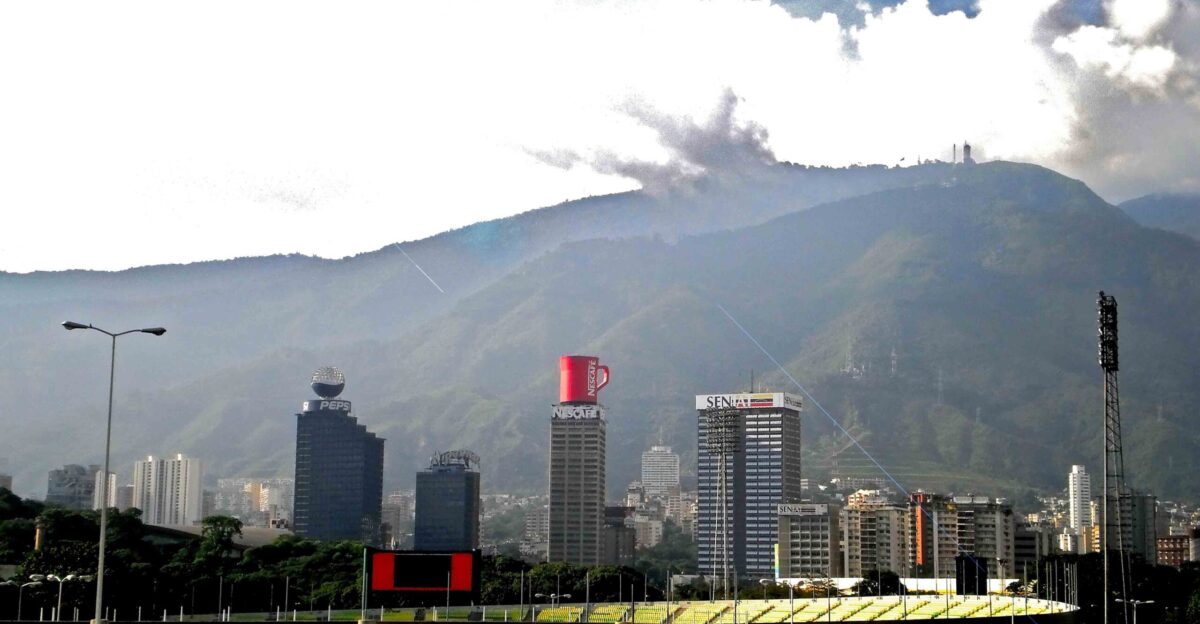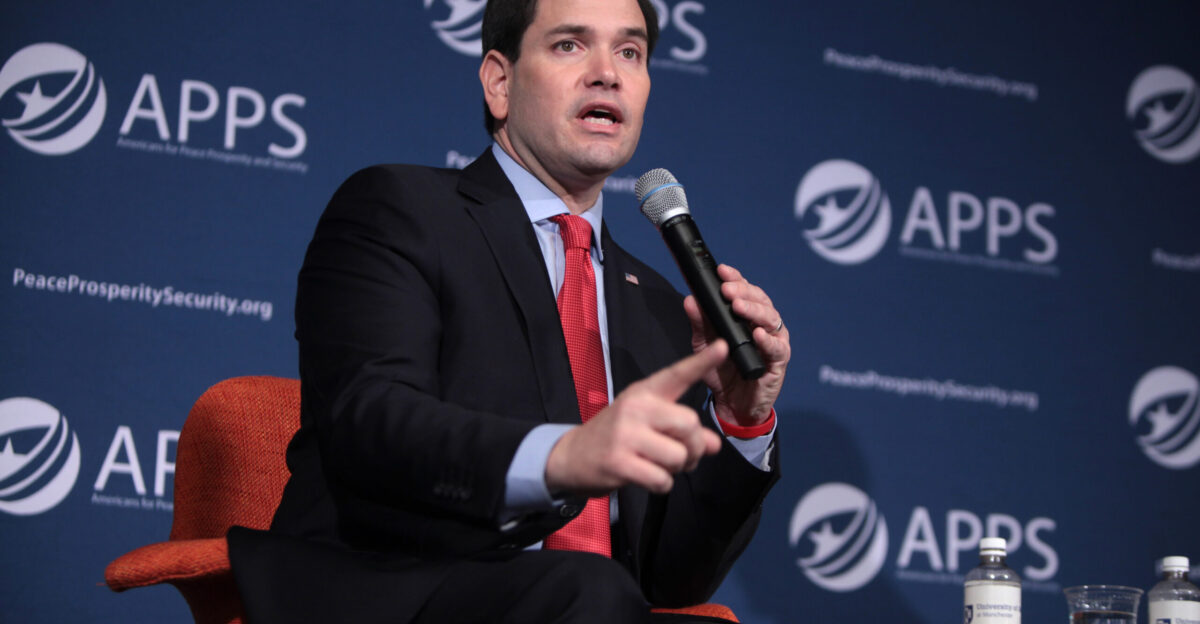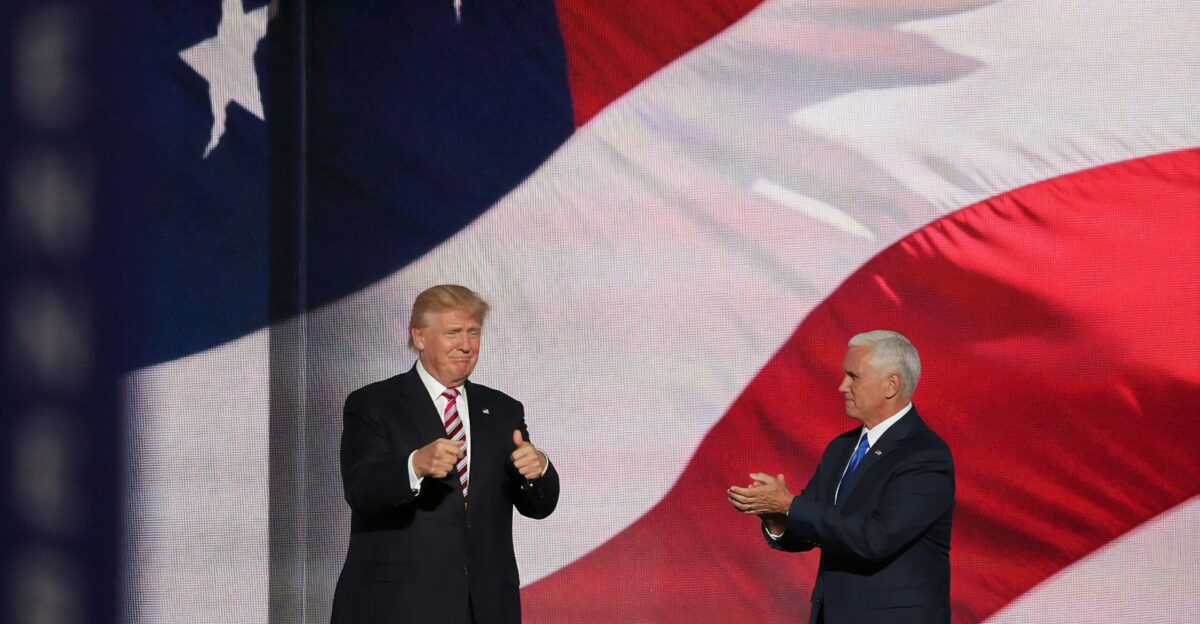
President Donald Trump confirmed a stunning policy reversal on October 15, authorizing the CIA to conduct covert operations inside Venezuela—a rare public acknowledgment of typically classified intelligence activities. The move escalates already heightened tensions in the Caribbean, where U.S. forces have destroyed at least five vessels since September, killing 27 people in what Washington characterizes as counter-narcotics operations.
Just days earlier, Trump had dismissed speculation about regime change in Caracas. His candid confirmation marks a sharp departure from diplomatic norms surrounding intelligence operations and signals growing frustration with Venezuelan President Nicolás Maduro’s government.
From Maritime Strikes to Inland Authority

The CIA authorization, first reported by The New York Times, grants the agency broad latitude to conduct operations independently or alongside U.S. military efforts. Speaking from the Oval Office, Trump justified his decision on two grounds: “Number one, they emptied their prisons into the United States of America,” and secondly, drugs—”We have a lot of drugs coming in from Venezuela, and a lot of the Venezuelan drugs come in through the sea”.
Trump indicated his administration is “looking at land” operations after claiming success intercepting maritime drug shipments, though he has not provided evidence to substantiate his assertion that Venezuela deliberately sent prisoners to the United States. When pressed on whether the CIA could target Maduro himself, Trump bristled: “Wouldn’t it be a ridiculous question for me to answer that?”
Deadly Escalation at Sea

Since early September, U.S. military forces have struck vessels in the Caribbean that officials claim were transporting narcotics. The September 2 strike killed 11 people from coastal Venezuelan towns, with Trump describing the target as “loaded” with drugs and operated by the Tren de Aragua gang. Subsequent strikes on September 15, 16, 19, and October 3 and 14 brought the death toll to at least 27.
The Pentagon has designated drug cartels as unlawful combatants subject to military force, but has provided no public evidence that the destroyed vessels carried narcotics. United Nations human rights experts and Venezuela’s UN ambassador Samuel Moncada have characterized the strikes as “extrajudicial executions”. Families of victims, including fishermen from Trinidad and Tobago, have demanded proof of their relatives’ alleged involvement in drug trafficking.
Maduro’s Defiant Response

In a televised address, Maduro condemned what he called “another CIA coup” and declared: “No to war, no to Washington’s control”. He ordered military exercises in Caracas suburbs and vowed to raise the issue before the UN Security Council, calling the operations “an assault on sovereignty”. Foreign Minister Yván Gil denounced the “warmongering and extravagant remarks” from Washington, characterizing U.S. actions as aggressive threats against Venezuela.
The Maduro government has denied any migratory crisis exists, despite nearly 8 million Venezuelans fleeing the country since 2015 due to economic collapse and political repression. The U.S. Justice Department maintains a $50 million bounty for Maduro’s capture on narco-terrorism charges, which he calls “imperialist lies”.
Regional Alarm and International Criticism

Caribbean Community (CARICOM) foreign ministers wrote to U.S. Secretary of State Marco Rubio requesting that military operations not proceed without prior notice. The strikes have raised alarm across Latin America, with Colombia claiming that one destroyed vessel and its crew were Colombian—an assertion the White House dismissed as “baseless”.
Venezuela’s humanitarian crisis continues deepening, with an estimated 7.6 million people requiring assistance inside the country and 7.8 million displaced abroad—one of the largest refugee crises globally. Aid organizations warn that escalating conflict could further cut supply lines and trigger another exodus the region cannot absorb.
Washington’s Constitutional Debate

Congressional response split along partisan lines. Republican lawmakers praised Trump’s “necessary step to confront narco-tyranny,” while Democrats introduced war powers resolutions to block strikes without congressional authorization. The Senate voted down such a resolution 48-51 in early October, though Senators Tim Kaine, Adam Schiff, and Rand Paul announced plans to force another vote.
Critics argue the strikes violate both U.S. constitutional requirements for congressional war authorization and international law governing use of force in international waters. The Trump administration maintains the strikes constitute self-defense against terrorist organizations, though legal experts dispute whether drug cartels meet criteria for military engagement.
A High-Stakes Gamble

Trump’s shift from denying regime change intentions to authorizing covert CIA operations represents a defining moment in U.S.-Venezuela relations. Whether the strategy succeeds in pressuring Maduro’s government or escalates into broader regional conflict remains uncertain, but the hemisphere is watching closely as Washington revives Cold War-era tactics of clandestine intervention. The coming weeks will reveal whether this gamble achieves its aims or deepens an already volatile crisis.